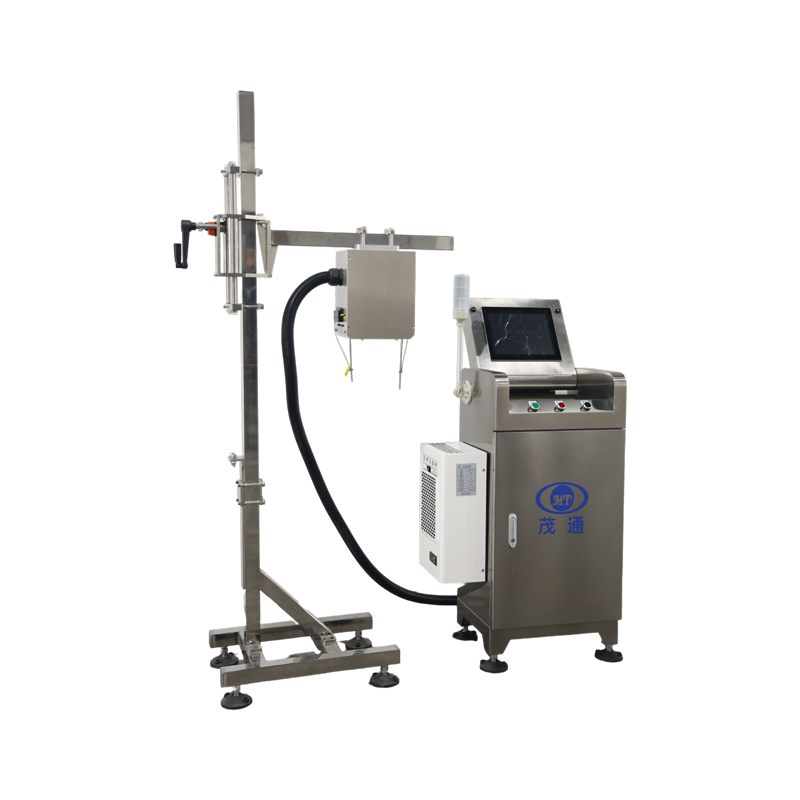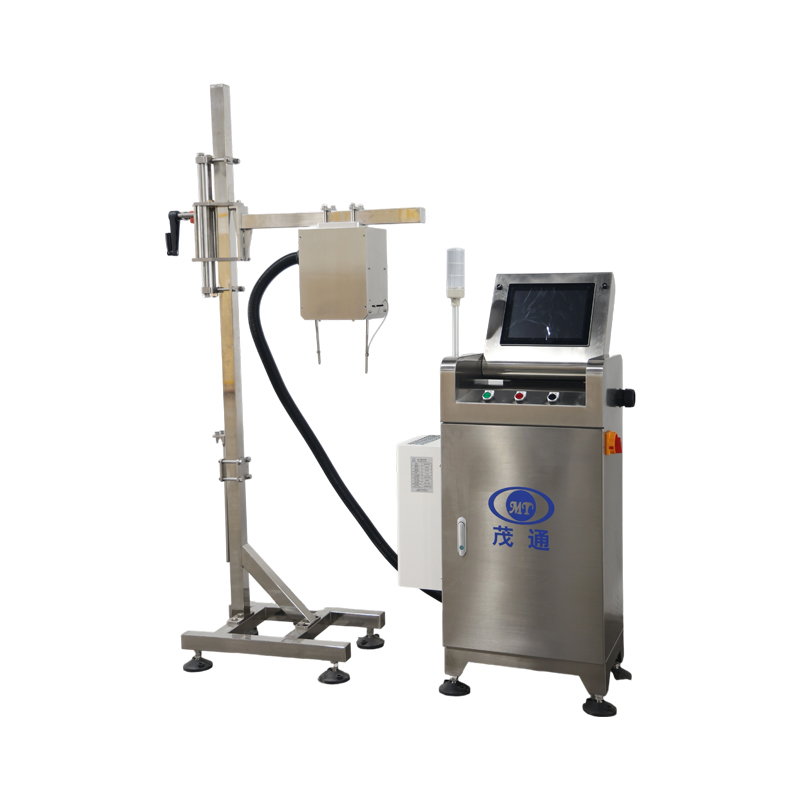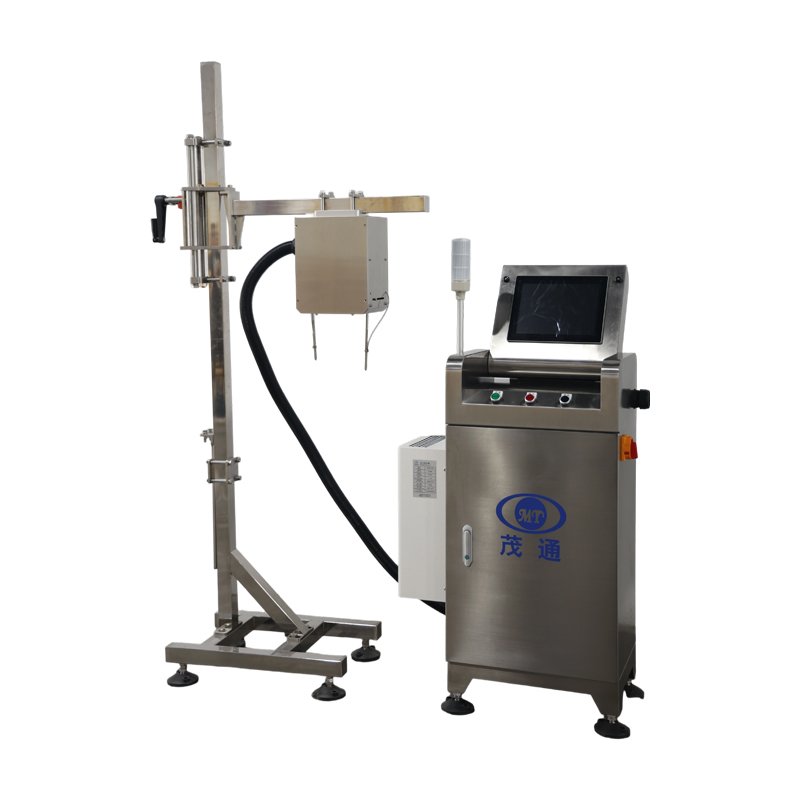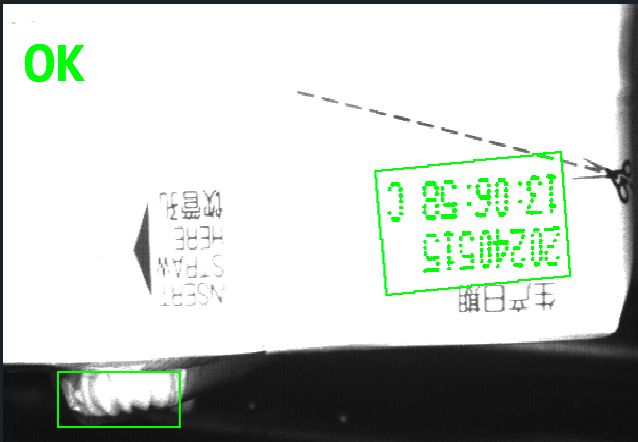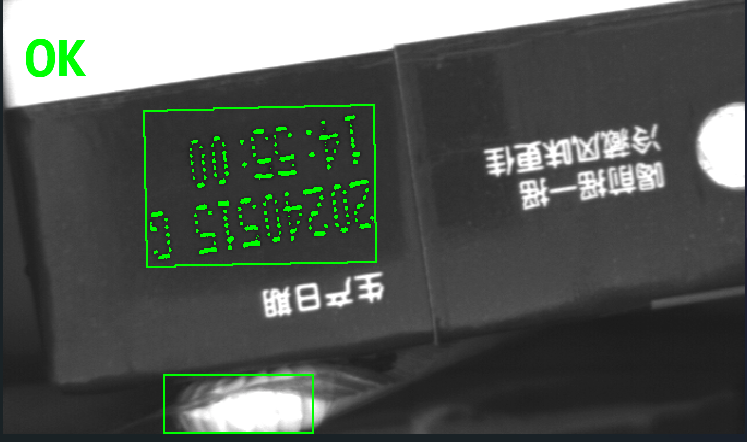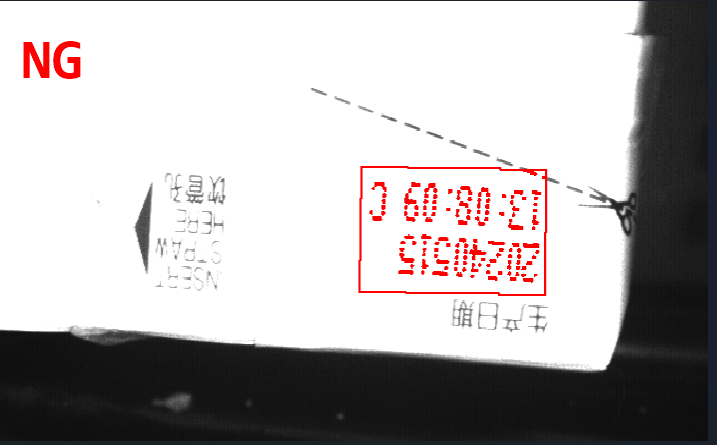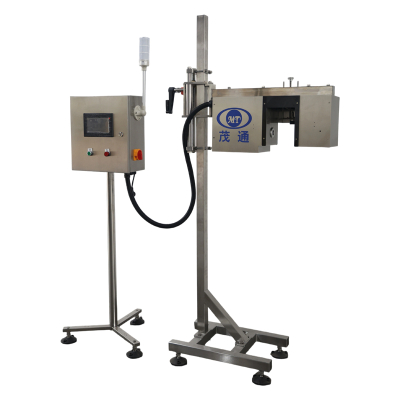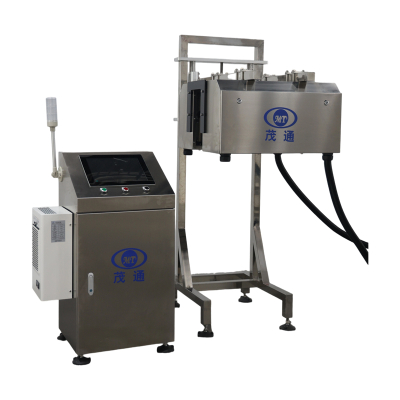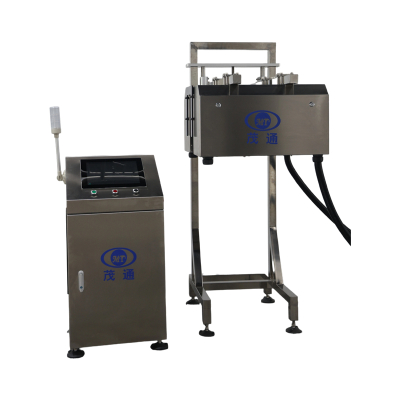Tetra Pak Straw Pipette Detection
1.Independent research and development of inspection software, the fastest processing speed is up to 60000 BPH
2.Insteadoflabor,saved cost ofproduction and high performance p rice ratio
3.Unique lightingdesign,no impact of natural light
I. Equipment Overview
1. Purpose
The system is designed for inline inspection of inkjet printing quality and straw integrity on paper packaging products produced on the Linying Jiayin production line. Any products that fail to meet quality requirements are automatically identified and rejected.
2. Key Features
Non-contact, inline inspection – ensuring products are not physically damaged during testing.
High-speed capability – inspection throughput up to 24,000 packages per hour.
Flexible HMI – user-friendly human-machine interface with configurable multi-level access permissions.
Encoder-based counting system – mounted on the conveyor’s synchronous motor; ensures rejection accuracy is unaffected by production line stoppages or changes in conveyor speed.
Industrial-grade cooling and air conditioning – prevents system crashes or false alarms caused by extended operation in high-temperature environments.
Customizable functions – adaptable to customer-specific production requirements and site conditions.
Defect traceability – automatically stores images of defective products daily, with adjustable storage duration.
Smart rejection and safety control – continuous rejection capability with emergency line stop to improve reliability and safety.
24/7 remote access – supports remote monitoring and operation in real time.
360° inkjet inspection – provides complete coverage of printed surfaces, eliminating undetected defects.
Zero-delay inspection – reduces false rejects caused by scraping, jamming, or misaligned manual placement of packages.
II. Detection Capabilities
Code presence detection (missing codes, inverted packages)
Blurred code detection (illegible or distorted characters)
Code errors (incorrect printing)
Missing characters
Character recognition and decoding
Position deviation (outside of tolerance range)
Duplicate codes (multi-code detection)
Straw presence verification (detects missing straws)
III. Installation Location
The inspection unit is installed on the conveyor line 0.5–1.0 m downstream from the tube applicator, where it checks both the inkjet printing and straw placement.
IV. Detection Principle
A Gigabit Ethernet digital camera captures top-view images of each package for digital analysis.
As a package passes the positioning sensor, the system detects its arrival, logs the package ID, and records the real-time encoder signal.
The sensor then triggers the camera to capture an image of the package’s inkjet code and straw.
Captured images are transmitted via network to the image processor, which analyzes them and sends the results simultaneously to:
The HMI, for real-time display of inspection status.
The control unit, for rejection control.
If the control unit receives a defect signal, it instructs the rejector to automatically remove the identified defective package(s) from the production line without interrupting production flow.
Algorithm Principle
The detection approach leverages deep learning technology, which minimizes the need for manual intervention. When switching product models on-site, only approximately 300 product images need to be collected. Our company takes charge of constructing the data model. Once this data model encompasses all product types, it will enable truly error-proof detection. Screenshots of some software functions are provided below for reference:
V. Equipment Configuration and Inspection Accuracy
(I) Equipment Description
A. Technical Specifications
Equipment Name: Inkjet Printing Inspection System
Model: MT-LL-PM-C1-01X
Maximum Production Speed: 24,000 bags/hour
Inspection Scope: Inkjet printing quality and straw presence
Rejection Method: Automatic, precise removal of defective packages identified during inspection
Protection Rating: IP65
B. Application Range
The system is widely applied on paper-packaged beverage production lines, where it inspects inkjet printing quality and straw integrity, and automatically removes defective products.
C. Key Technical Advantages
Minimizes labor requirements, thereby reducing overall production costs.
Enhances production efficiency and ensures stable product quality.
Delivers inspection results that fully comply with the manufacturer’s technical standards.
D. Detection accuracy:
Serial Number
| Inspection Items | Testing Conditions and Accuracy | Rejection rate
| False kick rate
|
1 | Inkjet Printing Inspection | -- | -- | < = 0.03% |
1.1 | No inkjet printing (missing code, reversed package) | -- | >99.99% | |
1.2 | Missing inkjet printing Blurred inkjet printing | Overall code missing >50% | ≥99.99% | |
Overall code missing >30% | ≥99.96% | |||
1.3 | Incorrect inkjet printing | Code characters unreadable to the human eye | >99.93% | |
1.4 | Position offset | Incorrect production date, incorrect factory code, incorrect security code, deformation (elongation or shortening) | >99.99% | |
1.5 | Duplicate code | Exceeding the expansion zone | >99.99% | |
1.6 | Straw inspection | Multiple codes printed within the code area | >99.99% | |
2 | Inspection Items | No straw | >99.99% | <= 0.01% |
Note: The rejection rate for the "No Coding" test item in the table indicates that for every 10,000 uncoded packages tested by the equipment, one package might not be rejected. This is theoretical experimental data only, and the same applies to other test items. The above test items are tested in real time for each paper package, not just during shift changes to determine coding errors.

